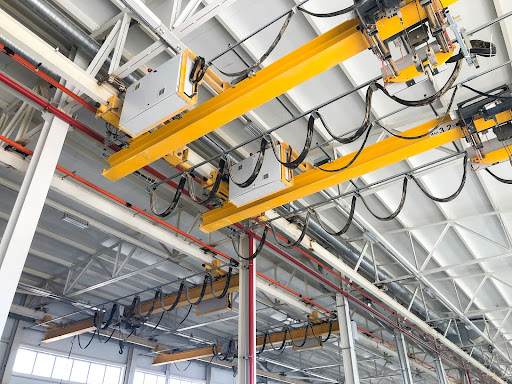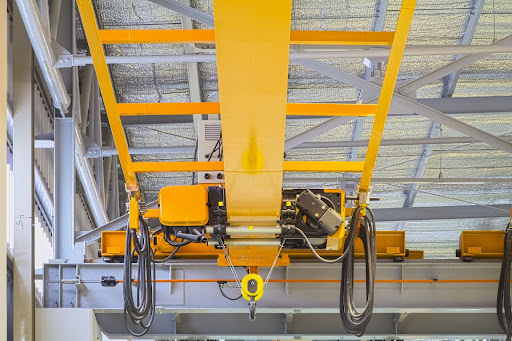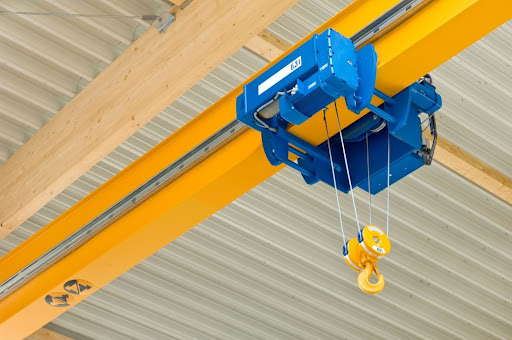 Your overhead cranes are an important component of your business. They help you complete tasks that otherwise might be impossible for manpower alone. They are also complicated pieces of heavy equipment that deserve special attention. For all of these reasons, it makes sense to put some thought into choosing between overhead crane service companies.
Your overhead cranes are an important component of your business. They help you complete tasks that otherwise might be impossible for manpower alone. They are also complicated pieces of heavy equipment that deserve special attention. For all of these reasons, it makes sense to put some thought into choosing between overhead crane service companies.
Before you make a decision, you should know why, exactly, it makes sense to outsource crane service and what to look for as you narrow down your selection.
Professionally Trained Staff
When you’re first looking for overhead crane service companies, you may think that all are the same. This simply is not true, and you must confirm that your technicians and trainers are all well versed in each specific piece of equipment and the application you plan to use it for.
Your crane service technicians and personnel should also have the experience they need to provide hands-on training to your own in-house crane operators. Ask about both beginner and advanced operating strategies and maneuvers as well as any pertinent assessment or safety training and tests they’ll administer. Remember, having trained and informed employees is the best way to reduce accidents and injuries.
The Ability To Offer Comprehensive Inspections
Depending on how often your crane is used, it will need to be thoroughly inspected at least once each year, with many other inspections and services completed more frequently. All overhead crane service companies should have the ability and experience to perform both periodic and frequent inspections and to train your staff on how to handle any required weekly, monthly, or pre-shift inspection needs.
Your crane service company can help you keep your equipment in top shape as well as identify safety hazards. Remember, the sooner issues are found, the less likely you are to experience equipment malfunction or failure.
OEM Or Compatible Parts Availability
Importantly, crane inspection companies that advertise repair and service should have access to OEM or highly compatible parts. Your overhead crane service company may even have the capability to fabricate specialty equipment or to make modifications to ensure your machinery runs more efficiently and safely. At Integrity Crane and Hoist, we keep a full supply of common items from all of the major manufacturers in stock.
Choosing between overhead crane service companies isn’t always easy. While many appear to be the same on the surface, there are subtle nuances, including how staff is trained and what parts they have access to, that might make one a better fit than another.
If you are looking at crane service companies, look no further than Integrity Crane and Hoist, our highly experienced and passionate sales and service staff can help you keep your equipment up and running.

 If you’ve ever walked into a manufacturing facility, you’ve probably seen multiple cranes looking overhead. You might have wondered if all
If you’ve ever walked into a manufacturing facility, you’ve probably seen multiple cranes looking overhead. You might have wondered if all  At the end of a long day of installing your overhead cranes, you might think that your job is done. However, according to Tennessee-based Integrity Crane and Hoist, OSHA standards mandate routine maintenance on your equipment. Keep reading for a bit of insight on why the standards are so stringent and what types of inspections are needed to keep you compliant.
At the end of a long day of installing your overhead cranes, you might think that your job is done. However, according to Tennessee-based Integrity Crane and Hoist, OSHA standards mandate routine maintenance on your equipment. Keep reading for a bit of insight on why the standards are so stringent and what types of inspections are needed to keep you compliant.